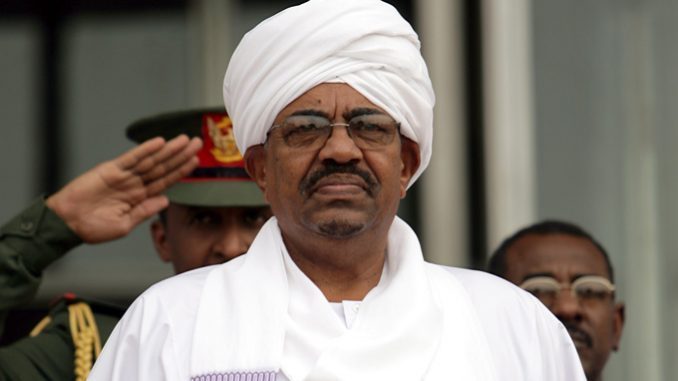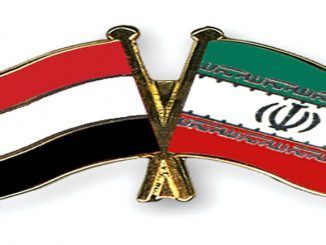
Sudan filed an official complaint to the UN Security Council, accusing the Egyptian government of pursuing its plans to acquire the disputed area of Halayeb.
The Halayeb triangle, which lies on the border of Egypt and Sudan near the Red Sea, has long been a contentious subject between Egypt and Sudan, after both countries claimed sovereignty over the area following Sudanese independence in 1956.
The land dispute is a result of the discrepancy in the demarcation of a political boundary set in 1899 by the Anglo-Egyptian Condominium and an administrative boundary set by Britain in 1902.
The Egyptian army seized control of Halayeb in 1995 after a failed attempt by Islamists, allegedly backed by Sudan, to assassinate ousted Egyptian President Hosni Mubarak in Ethiopia.
Since 1958, Sudan has been annually renewing complaints at the United Nations Security Council over Halayeb, which it wants to settle through either dialogue with Egypt or international arbitration.
Every now and then Sudanese President Omar al-Bashir makes a statement that the Halayeb triangle is sovereign Sudanese land.
Bashir has threatened before to resort to the United Nations Security Council if Egypt refused to negotiate over the territory.
The issue was renewed after Egypt and Saudi Arabia in April 2016 signed a maritime demarcation agreement stipulating that the sovereignty over the Egyptian-administered islands of Tiran and Sanafir would be transferred to Saudi Arabia.
Sudan’s Foreign Minister Ibrahim Ghandour has stated before that there are three ways to resolve the Halayeb conflict: either through mutual cooperation, international resolutions or mediation.
However, Egypt has used to reject Sudan’s repeated calls for referring the dispute to international arbitration. The international law provides that the agreement of the two parties is needed to arbitrate a dispute by the tribunal.
In April 2016,Cairo refused a demand by the Sudanese government to hold direct talks on Halayeb and Shalateen or to accept the referral of the dispute to the International Court of Arbitration.



